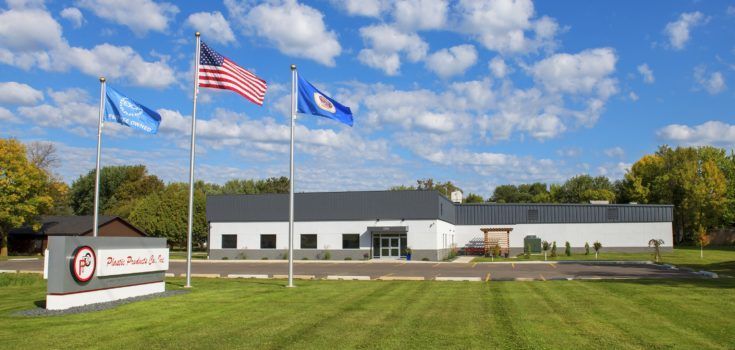Smith Metal Products Blog
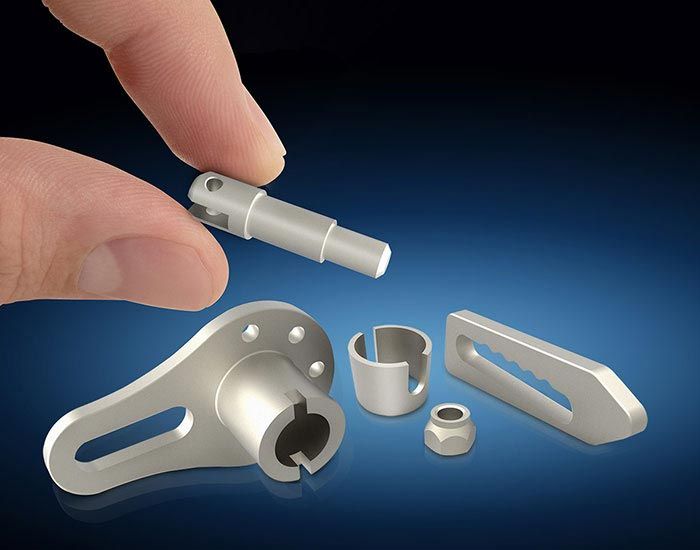
Smith Metal Products adds Titanium Metal Injection Molding (TiMIM) capabilities to its MIM Molding portfolio of materials that include stainless steels, alloys and ceramics.
TiMIM involves mixing powdered Titanium metal with a binder material to compose a feedstock capable of being handled by injection molding equipment. Metal injection molding allows complex Titanium parts to be shaped with precision in a single operation and in high volume as compared to traditional Titanium machined metal components.
Adding TiMIM Molding capabilities opens a new, wider range of component applications for Smith Metal Products, where strength-to-weight ratio parts are desired. It is often accomplished with superior features using Titanium compared to other strong but much heavier metals like steels.
TiMIM part features can include undercuts, varying wall thickness up to 0.125″ or 3mm. TiMIM parts also accept many surface finishes including anodizing and electro polishing and can be finish machined if necessary.
“We are excited to have taken delivery of dedicated Titanium Metal Injection Molding (TiMIM) equipment,” stated general manager, Todd Jensen. “Our Employee Owner-Operators are now trained on the equipment and process. We have received successful TiMIM molding verification”, Mr. Jensen reported.
Titanium metal injection molding often is a more effective process to achieve precision parts while eliminating machining. That’s because TiMIM parts are precise, net shaped parts that are produced faster and usually require no secondary operations. But not all parts qualify for this highly cost-effective, alternative solution.
About Smith Metal Products: Smith Metal Products 100% Employee owned (ESOP) and operates a state-of-the-art 65,000 square foot facility, that is ISO 9001:2008 Certified and ISO 13485:2016 Certified. The company’s controlled documentation system assures customers of consistent set-up and repeatability on every production run.
The company operates the latest electric molding machines, continuous and batch debind and sintering furnaces, solvent debinding systems, 5-axis CNC machining and grinding centers, ceramic kilns, coining, laser etching/engraving and inspection lab. Smith also provides rapid prototyping and a complete array of value-added services including plating, laser welding, heat treatment, surface finishing and polishing, assembly, final pack out and more. Design for Manufacturability assistance is a core belief and is a free service at Smith. The company manages single and multi-cavity, hot runner and unscrewing mold design and builds at local domestic tool shops near the facility.
Request a quote, Part Evaluation, or call us today at
651-257-3143.
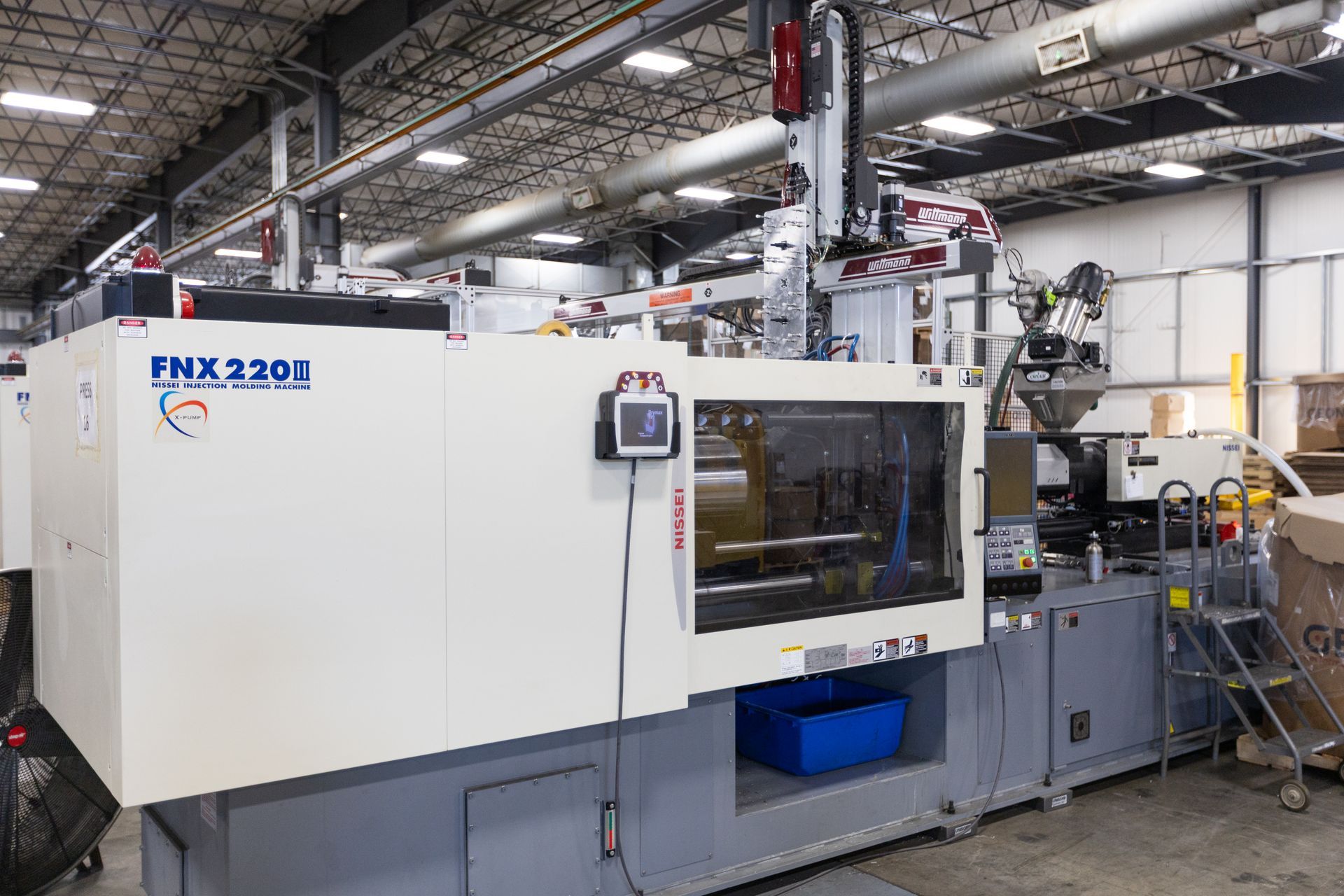
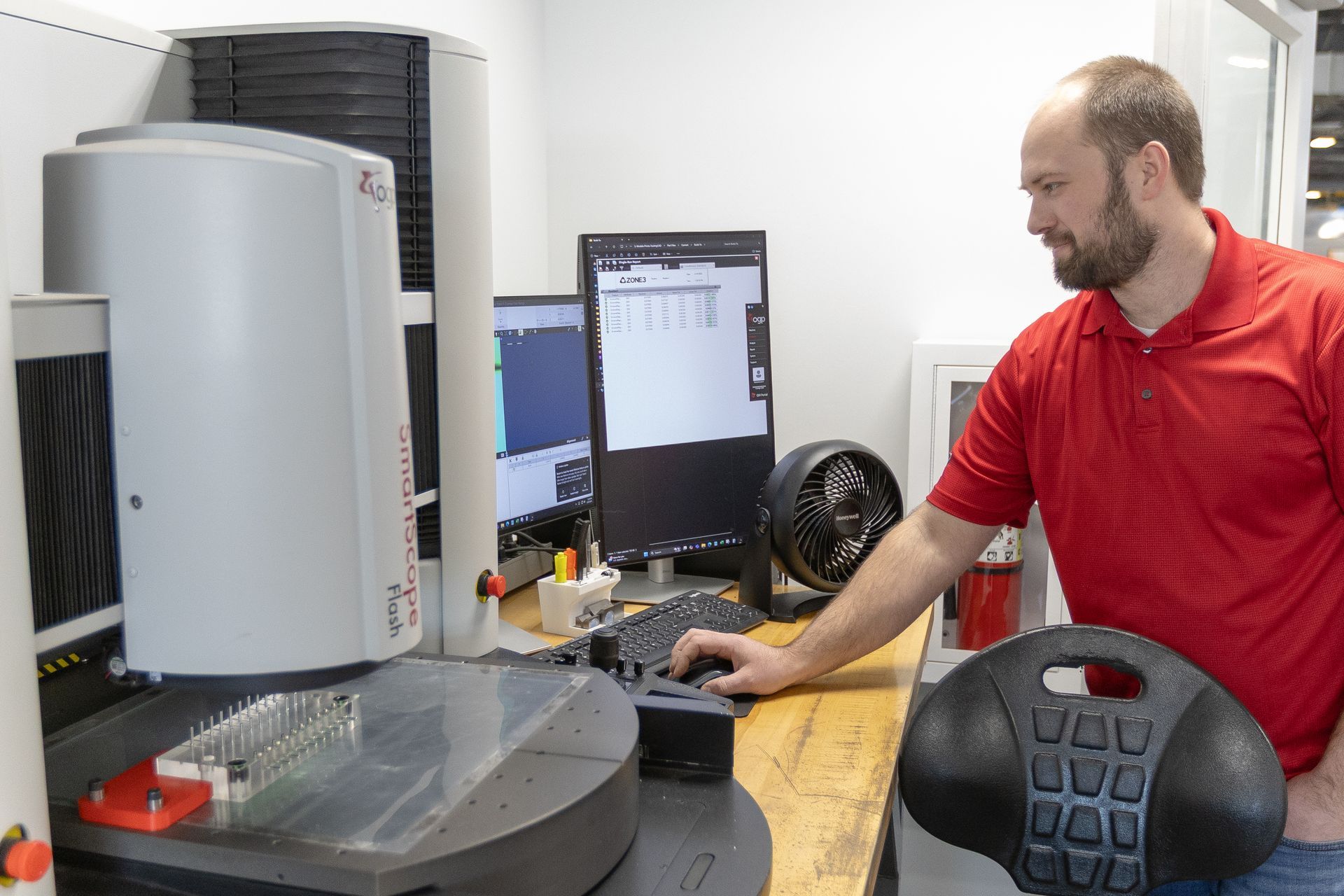

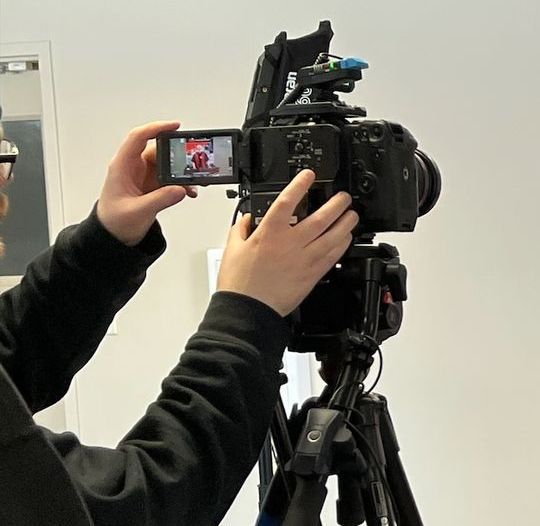
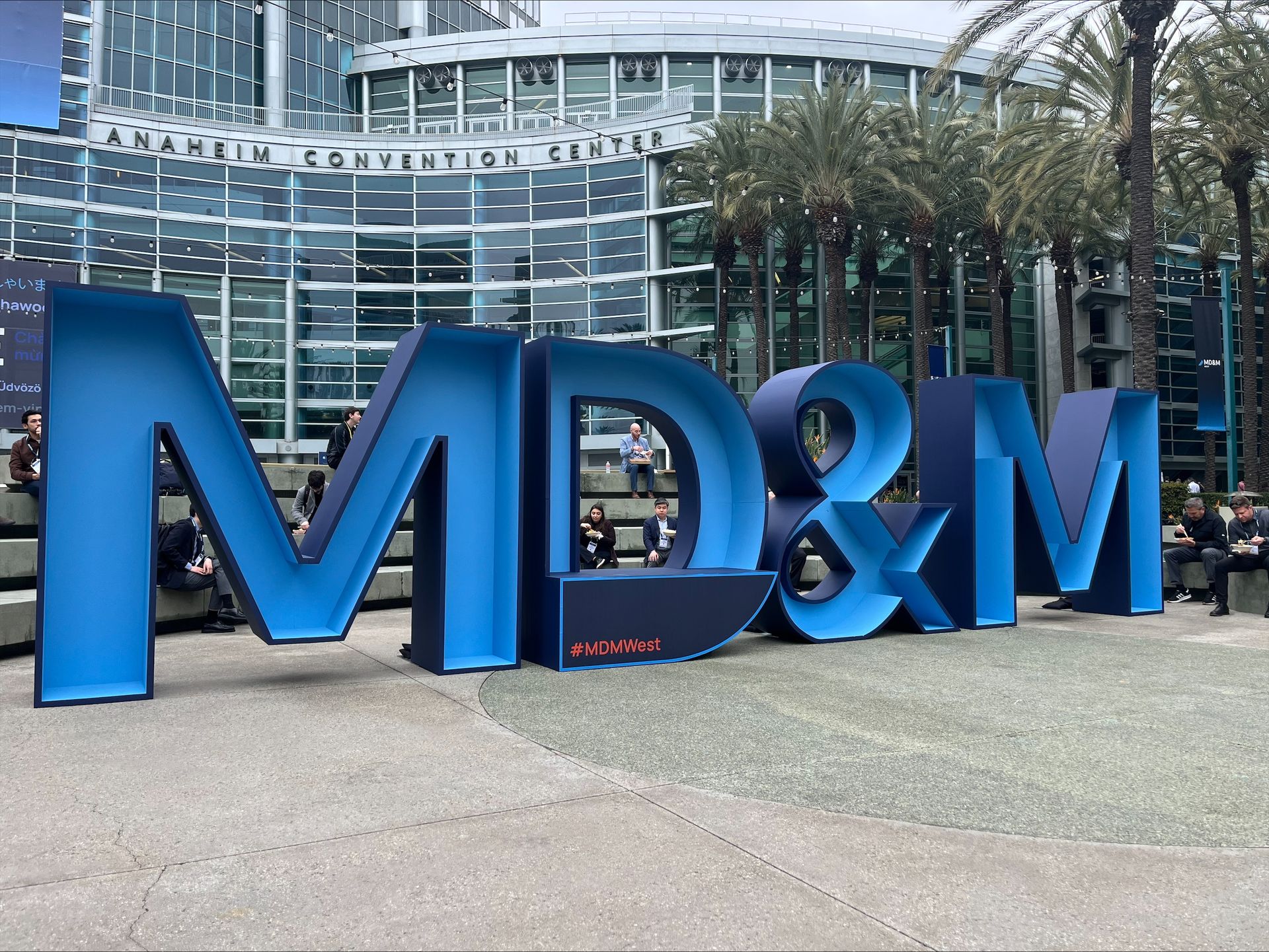
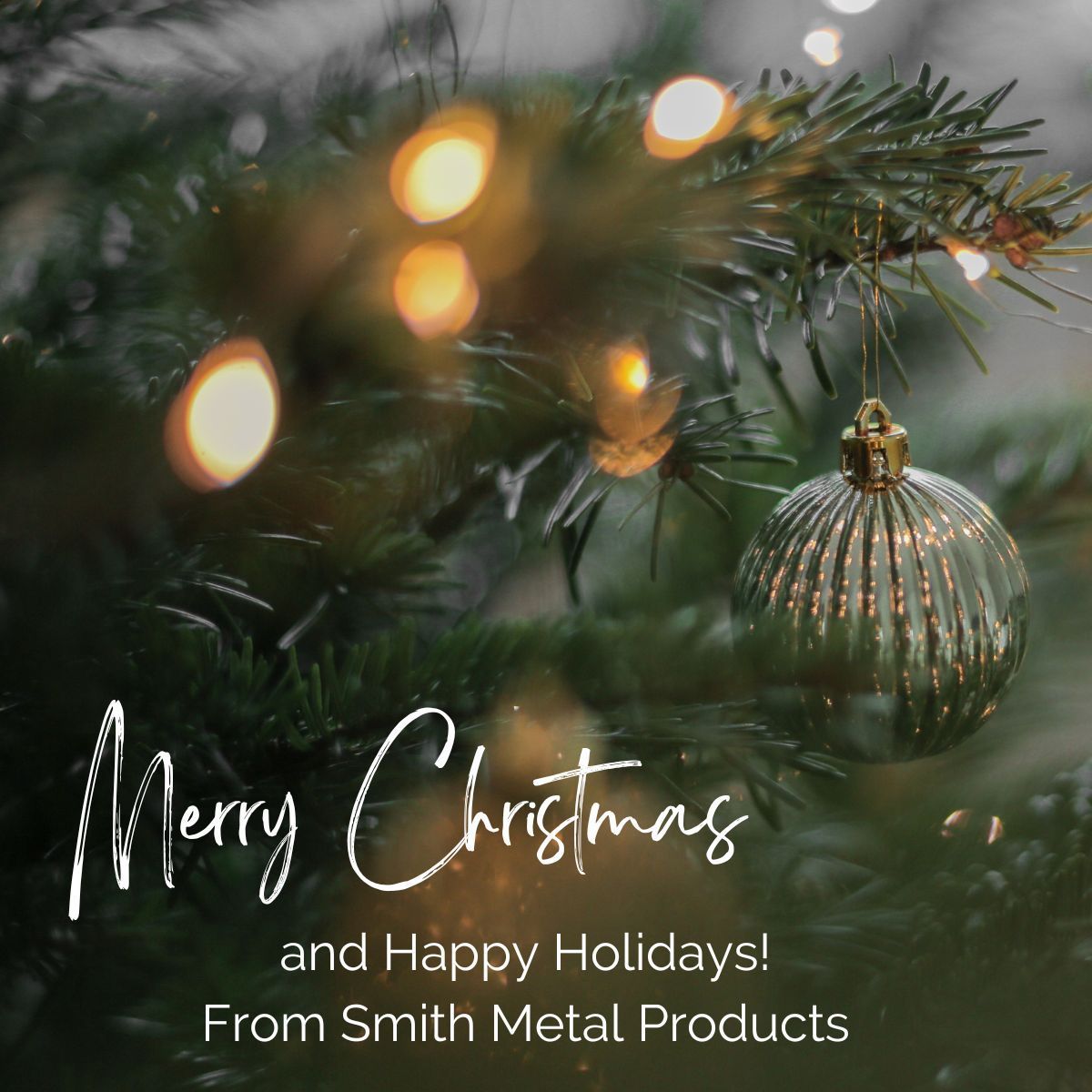
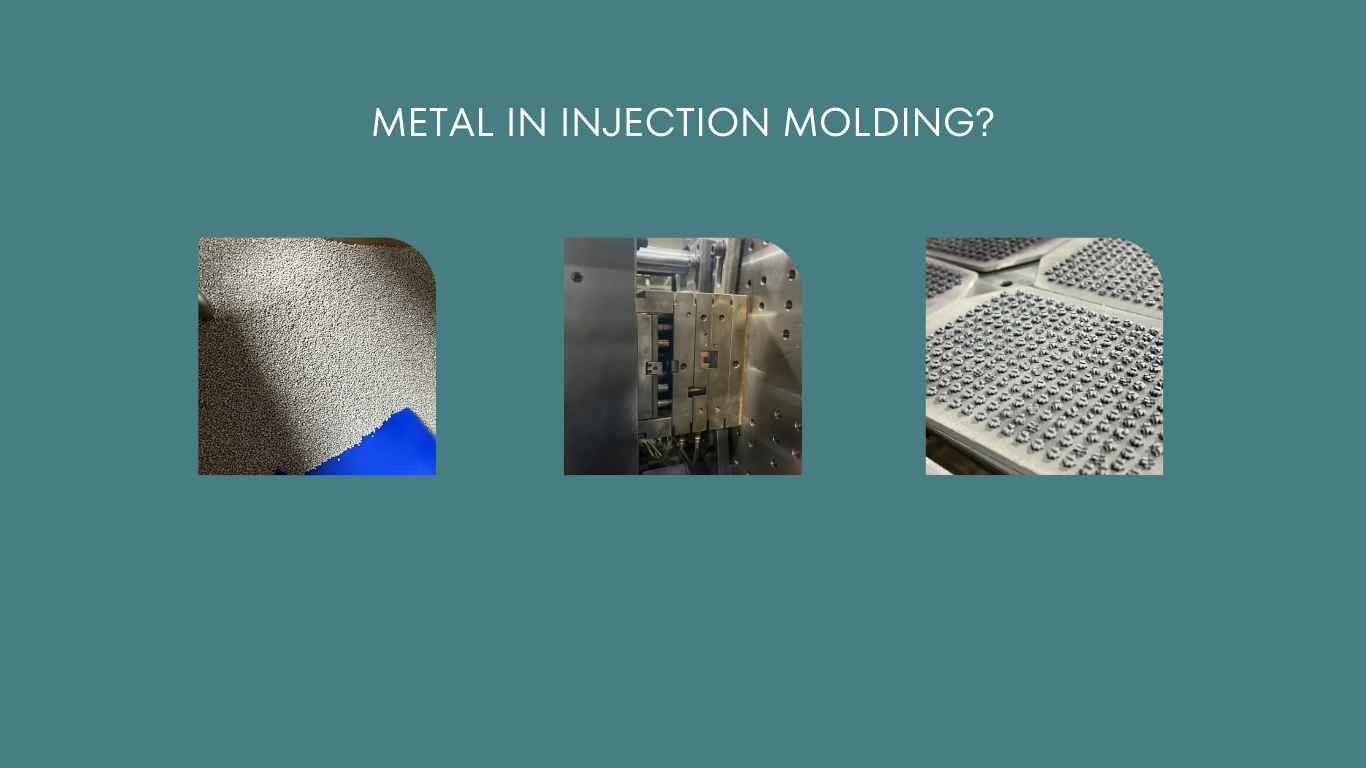
CONTACT DETAILS
Phone: (651) 257-3143
Email: sales@smithmetals.com
Address: 15045 Per Rd, Center City, MN 55012
CERTIFICATIONS
- ISO 9001
- ISO 13485
- FFL
- ITAR
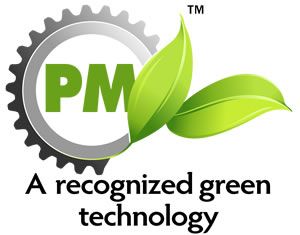 Write your caption hereButton
Write your caption hereButton Write your caption hereButton
Write your caption hereButton


